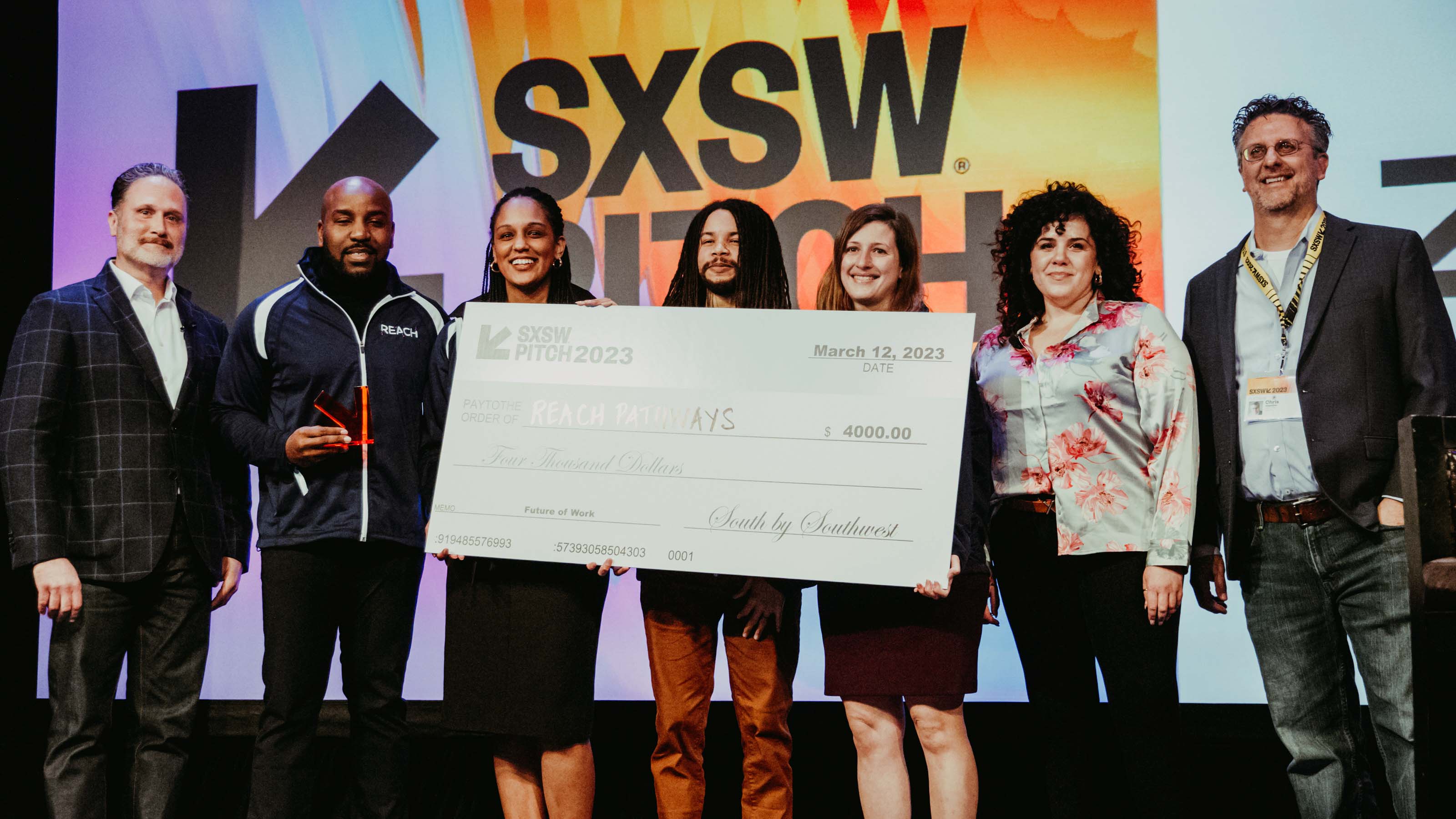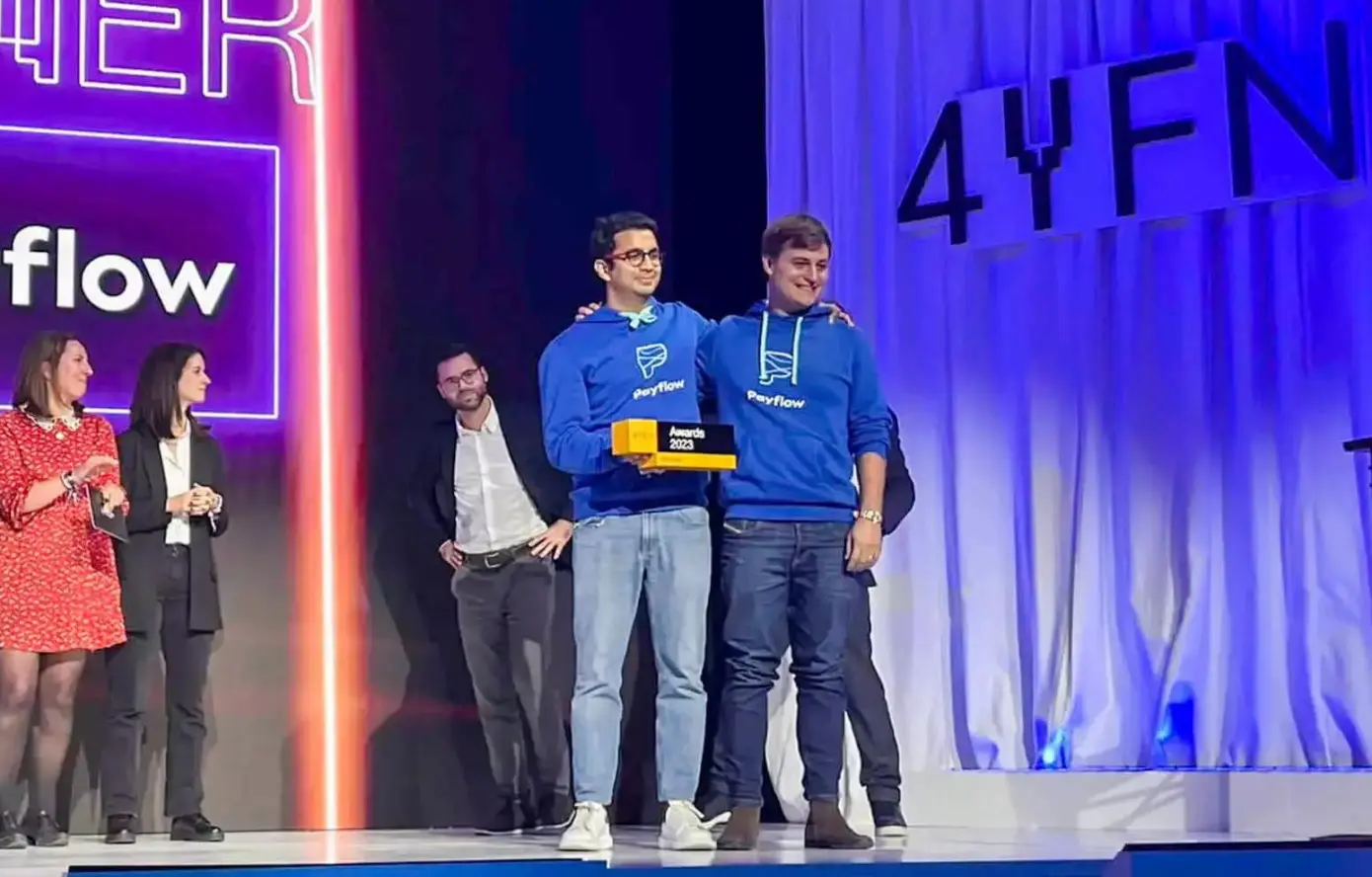Freixas highlights the importance of developing environmentally friendly filaments for fabric production, given the textile industry’s significant environmental impact and social issues. While startups have focused on eco-friendly leathers, less attention has been paid to filaments despite the industry’s heavy reliance on chemicals, energy, and water, as well as pollution and waste.
The production of Biocel filaments differs from conventional methods, as it requires low levels of energy and avoids the use of harsh chemicals. The resulting biodegradable filament can be customized to have specific properties such as elasticity, rigidity, or hydrophobicity for various textile applications.
To produce the bio-filament, agricultural waste with high sugar content, such as grape waste or leftover cereals from beer brewing, is used as a feedstock for fermentation. Freixas sees an opportunity in utilizing agricultural waste, which often accounts for a significant percentage of waste generated during processing. Regulatory requirements in the EU aimed at reducing carbon emissions and promoting circularity are creating incentives for such initiatives. Eventually, industrial producers might even pay upcyclers to manage their waste, contributing to a more sustainable production cycle.











